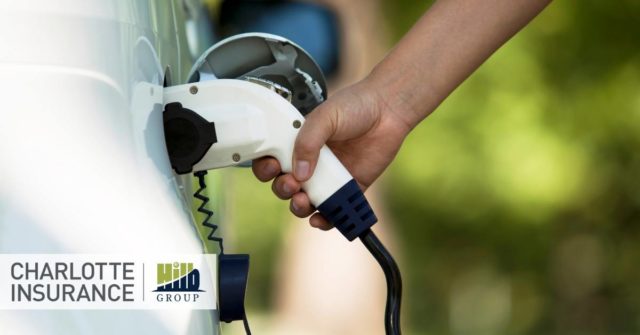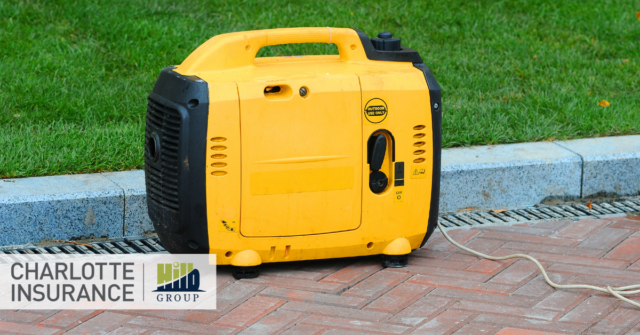You’re finally ready for a big home improvement project and know you want to hire a contractor to get the job done. This is a big financial investment and will impact your home and your life. It’s important to hire the right person.
Here’s how to vet a contractor so you hire the best person for the job.
- Ask for a quote from multiple contractors. This gives you an idea of the price range for a job like yours.
- Don’t automatically go with the lowest or highest price. Low price doesn’t automatically mean low quality and high price doesn’t always mean the work will be done well. The other things you’ll learn during the vetting process will give you a lot more information than their price will.
- Ask for their credentials. They should be able to tell you how long they’ve been in business, how many employees work for them, and whether they’ve done projects like yours in the past.
- Get references. The important part of this is to actually check those references. Ask if they were satisfied with the work, how problems were handled, and if they would hire them again.
- Check reviews. If you found this contractor online, you’ve probably already seen reviews, but if not, Google them. Find out what others are saying about them.
- Ask if they’re licensed and insured, and then check to make sure they are. Their license should be active and in good standing. They should be able to provide proof of insurance, and then you can call to verify.
- Find out who they work with and who will be in your home. Do they have a crew of employees or do they subcontract out the work? If they use subcontractors, you’ll want to vet them as well — at least for license, insurance, and reviews.
- Discuss a timeline and schedule. They might be a great contractor but if they can’t do the work when you need them to do it, it won’t be a good experience.
- Ask about permits. Will they take care of that or will you need to do it? Be wary of anyone who tells you not to worry about permits. You’ll be the one who has to pay if the correct permits aren’t pulled for your job.
- Find out what kind of warranty or guarantee they offer for their work. They should be willing to stand by it and offer some amount of time to come back for repairs or to fix problems.
- Ask about their payment schedule. Small jobs are often paid upon completion. Larger jobs tend to have a payment plan with some kind of deposit up front, usually around 10 percent but never more than 50 percent.
- Ask how communication will be handled. You should expect updates about your job, especially as subcontractors come and go or deliveries are made. You shouldn’t have to chase down your contractor for that information. They should provide regular updates for you.
Never work with a contractor that’s not licensed, insured, and bonded. This protects you as the homeowner if something goes wrong on site. Your contractor should have both liability coverage and workers’ compensation for their employees.
And if your project involves adding onto your home, make sure your homeowners insurance covers the latest addition. Contact us at Charlotte Insurance today to update your policy or for a free quote for a new policy.






